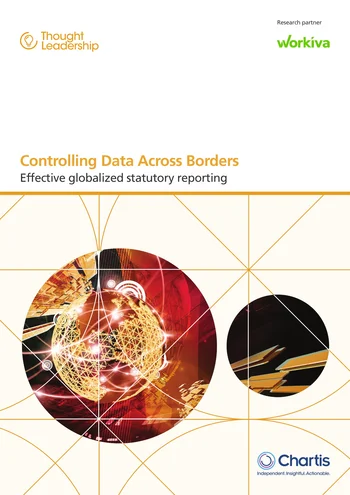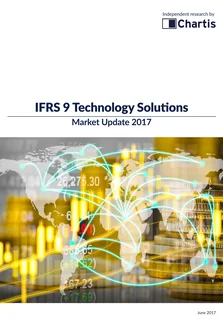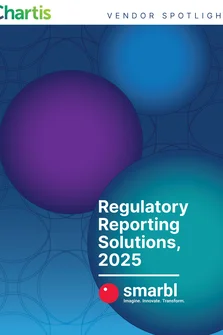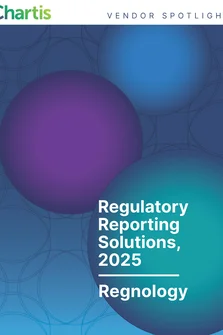In this report we will explore the challenges of modern statutory reporting and the strategies that financial institutions (FIs) can employ to manage them. Specifically, we will focus on the challenges that emerge from multi-entity and multi-standard reporting, as well as the drivers behind the globalization of statutory reporting. In the context of globalized statutory reporting, significant challenges emerge from the diversity of reporting compliance requirements. Because the rules of statutory reporting and the data associated with it are disparate and detailed, data integrity and control is at the forefront of compliance management in conjunction with enterprise-wide governance.
A basic definition of statutory reporting is that it is the requirement for FIs to disclose financial and non-financial information under their relevant reporting regimes. Modern FIs are rarely limited to one territory and one reporting regime, however. Statutory reporting has always been a laborious process, and multi-entity reporting is aggravating the situation.
FIs now have to recruit multilingual professionals who are conversant in multiple reporting standards, while implementing technology to support various compliance data flows. Moreover, the reporting standards that comprise statutory reporting requirements are becoming more comprehensive and complex. Increasingly then, modern statutory reporting is characterized by the need to achieve compliance with a challenging and overlapping set of reporting regimes.
In the face of such challenges, we believe FIs should rely on two central pillars in develop an effective statutory reporting operation: 1) an enterprise-wide governance regime; and 2) robust data integrity and control technology. Statutory reporting is a data-intensive process, and in this report we will focus on the data synthesis stage, in which data is mapped into reporting templates. We will also look at how reporting data can be stored and tracked, and consider the importance of collaborative data processes in ensuring that data remains consistent as it used in multiple reports and across multiple legal entities/hierarchies. We conclude that the most robust reporting data technology solutions will be those that are comprised of data lineage functions, a centralized system, document templates and a cloud infrastructure.
Only users who have a paid subscription or are part of a corporate subscription are able to print or copy content.
To access these options, along with all other subscription benefits, please contact info@chartis-research.com or view our subscription options here: https://www.chartis-research.com/static/become-a-member
You are currently unable to print this content. Please contact info@chartis-research.com to find out more.
You are currently unable to copy this content. Please contact info@chartis-research.com to find out more.
Copyright Infopro Digital Limited. All rights reserved.
As outlined in our terms and conditions, https://www.infopro-digital.com/terms-and-conditions/subscriptions/ (point 2.4), printing is limited to a single copy.
If you would like to purchase additional rights please email info@chartis-research.com
Copyright Infopro Digital Limited. All rights reserved.
You may share this content using our article tools. As outlined in our terms and conditions, https://www.infopro-digital.com/terms-and-conditions/subscriptions/ (clause 2.4), an Authorised User may only make one copy of the materials for their own personal use. You must also comply with the restrictions in clause 2.5.
If you would like to purchase additional rights please email info@chartis-research.com






